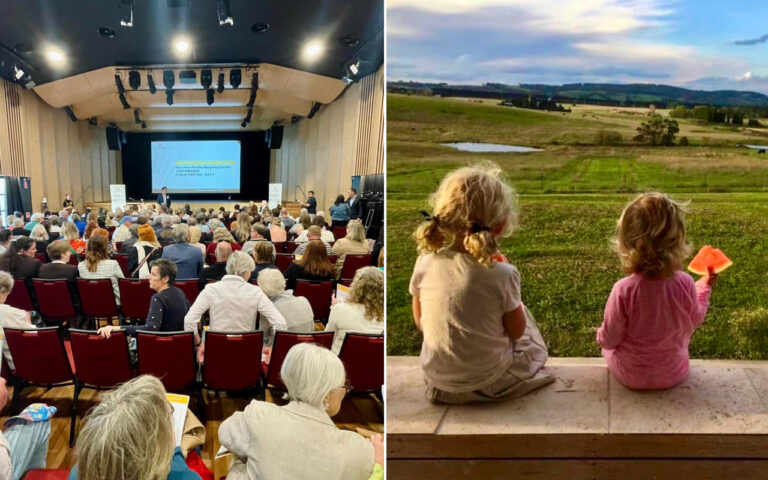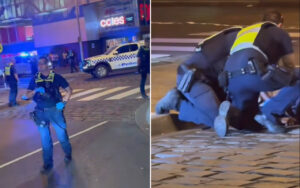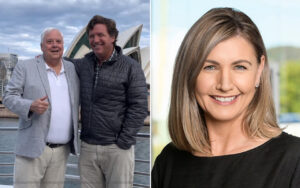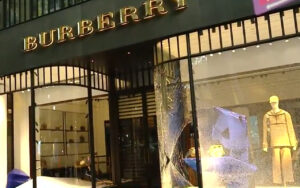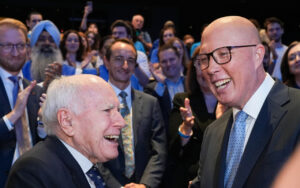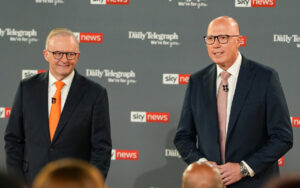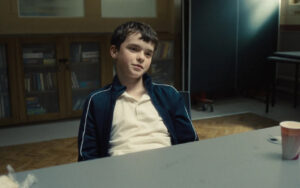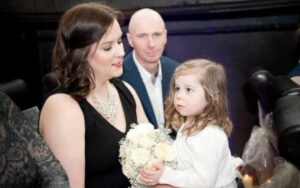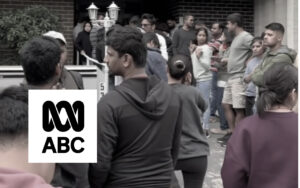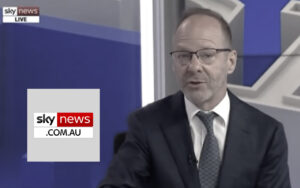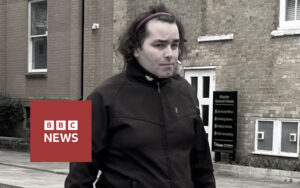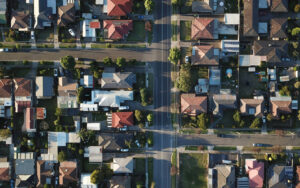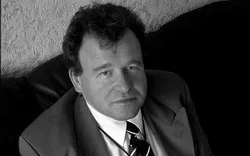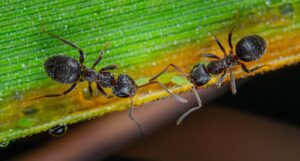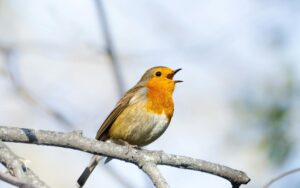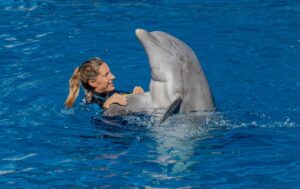Hundreds of residents of the New South Wales town of Moss Vale have turned out to oppose a Chinese company’s plans to build Australia’s largest plastic recycling factory just 200 metres from homes.
Locals have been fighting the plant since it was first proposed by Plasrefine Recycling in 2020, but on October 11 the NSW Department of Planning recommended approval, triggering a review by the Independent Planning Commission (IPC) which had its first hearing in a neighbouring Southern Highlands town on Monday.
More than 300 people attended the public meeting in Bowral, including Goulburn MP Wendy Tuckerman who raised questions about Plasrefine, saying: “A key party to this development is a Beijing-based businessman who owns other companies who have been censured by Beijing’s environmental and ecological bureau.”
Companies owned by the Chinese national, who was initially listed as “principal technical director” on an engineering report prepared for Plasrefine before later being referred to as an “investor”, have had a number of regulatory infractions including a fine for air pollution, the Sydney Morning Herald reported in 2022, and his Sydney-based niece is Plasrefine’s director.
Plasrefine’s proposed facility would be four storeys tall with a 22-metre stack, cover three hectares of a 7.7 hectare sites, and operate 24 hours a day in order to process 120,000 tonnes of plastic waste into products that can either be legally shipped to China, or melted and reformed at the plant.
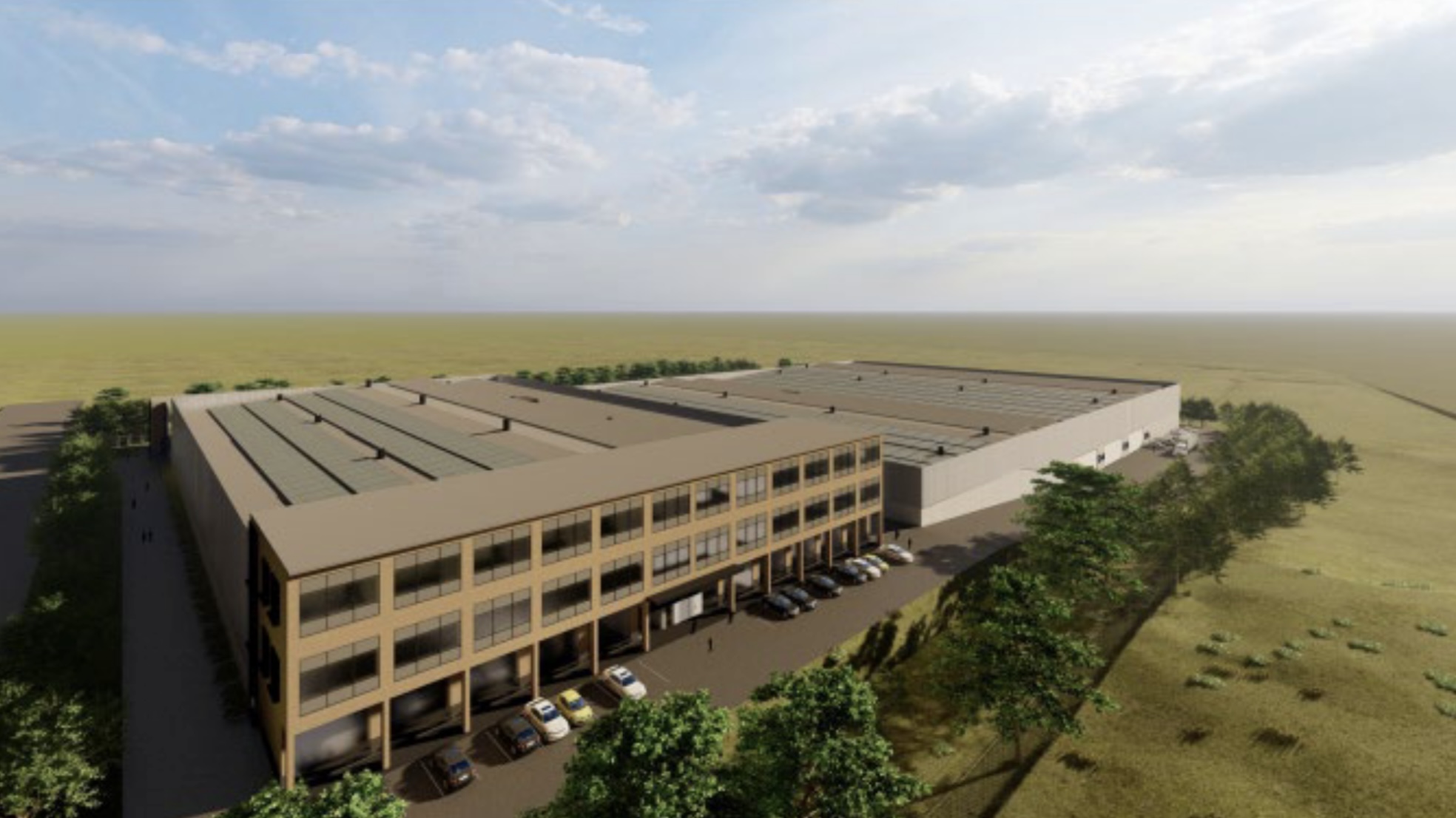
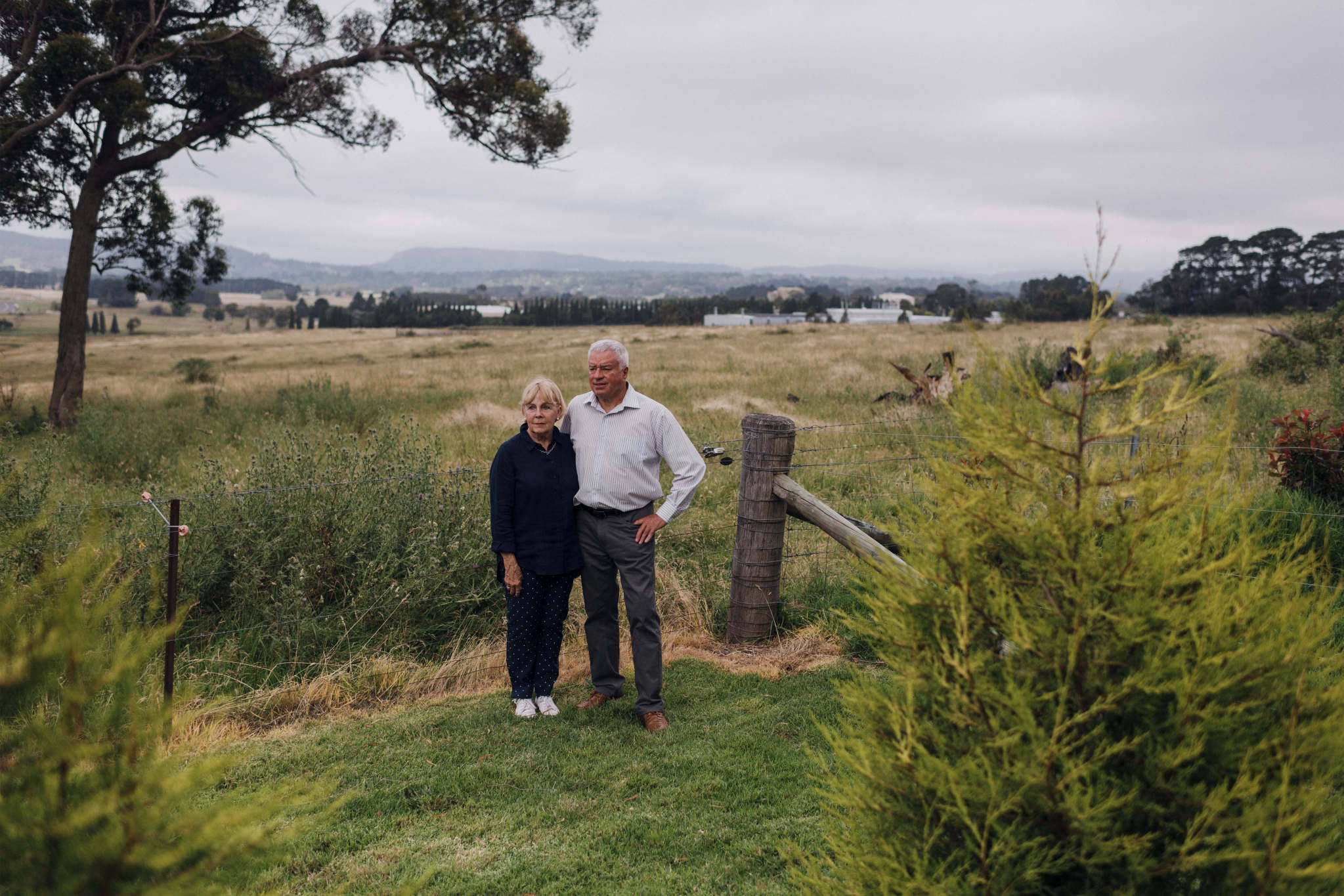
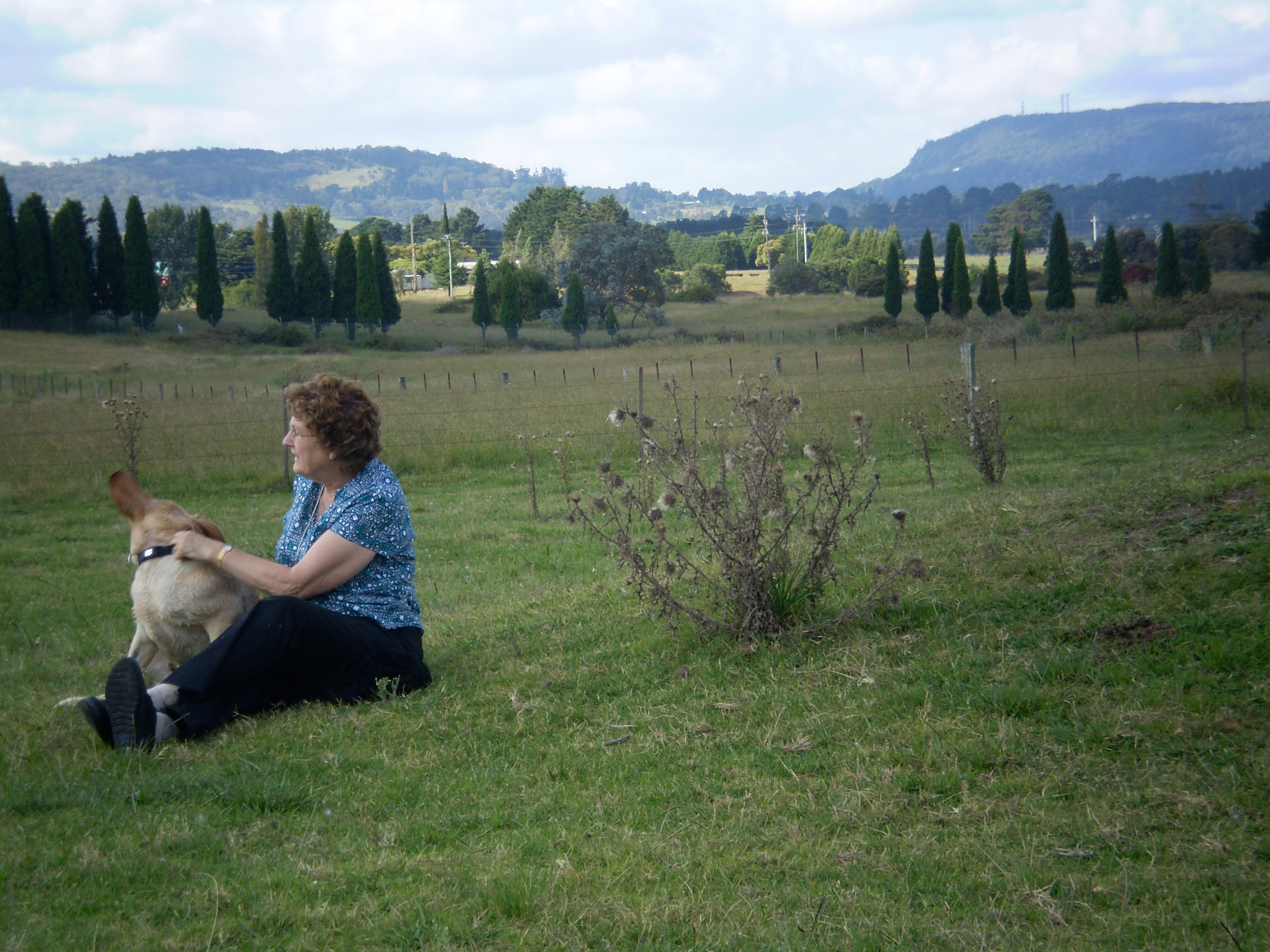
Moss Vale residents Bev and Graham Hordern, whose back fence is just 200 metres from the proposed site, told ABC News they supported plastic recycling but believed the plant was not suitable for the area.
“The obvious issues for us and for the community are the 24-hour operation, noise, vibration, light, 380 vehicles a day, 100 movements of heavy semi-trailers,” Ms Hordern said.
“It’s the scale of this proposal and all the consequences of such, to us, hazardous industry right on our doorstep and that of our community.”
Locals are also concerned about the chemicals Plasrefine intends to use to process the waste.
“The chemical mix used to clean the plastic is a patented formula that, to our knowledge, has not been used in Australia,” Ms Hordern said.
“There are no standards in Australia for such mixes, and the risk of toxins emitted by this process to our waterways and air is just too great for our Southern Highlands and the wider environment.”
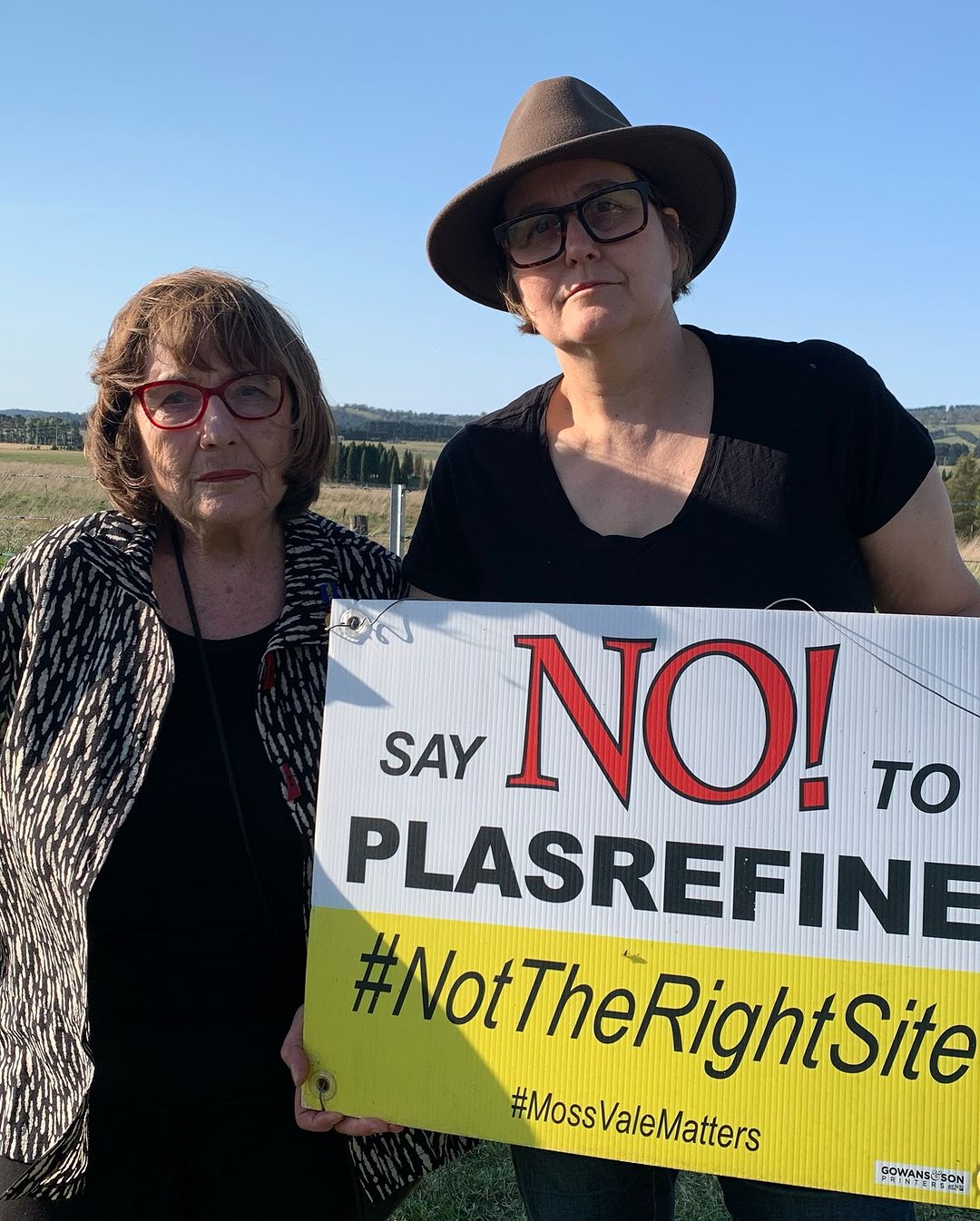
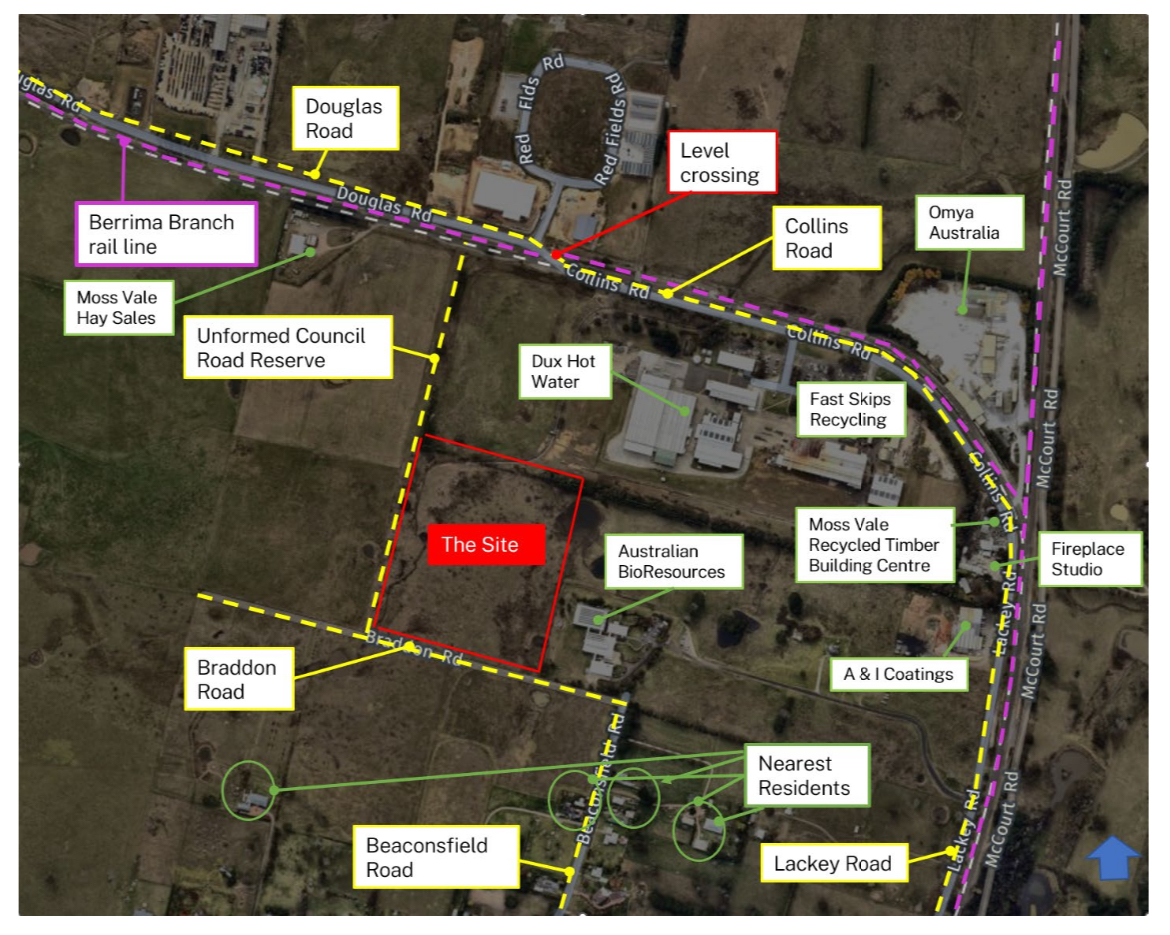
Other concerns raised by residents include, the lack of buffer zone with residential areas, a medical research facility, childcare centres and location in Sydney’s drinking water catchment, environmental pollution from micro plastics and forever chemicals, fire risk, lack of appropriate roads and transport infrastructure, and inconsistencies and inaccuracies in the department’s recommendations.
But plastic recycling expert Veena Sahajwalla, a professor at UNSW, supported the project, saying “we definitely need a lot more solutions for plastics recycling”.
“We really have to lift our game, and I think this is one of those examples – setting up a recycling facility like this, where we can create innovative supply chains by bringing in local recycled content that supports new manufacturing and new businesses,” she said.
Only 19% of the plastic waste generated in NSW every year is recycled, according to the most recent official data, and the state government hopes the Plasrefine plant, which will also create 200 construction jobs and 140 once operational, will help raise this figure.
The IPC will hold two more public meetings – one on Friday at Bowral Memorial Hall and and online-only one on Tuesday November 12, before deciding whether to grant final approval.
The commission is also open to receiving written submissions until November 19.
Header image: Locals at the first IPC hearing, left, and children overlooking the site, right (saynotoplasrefine.com.au)
